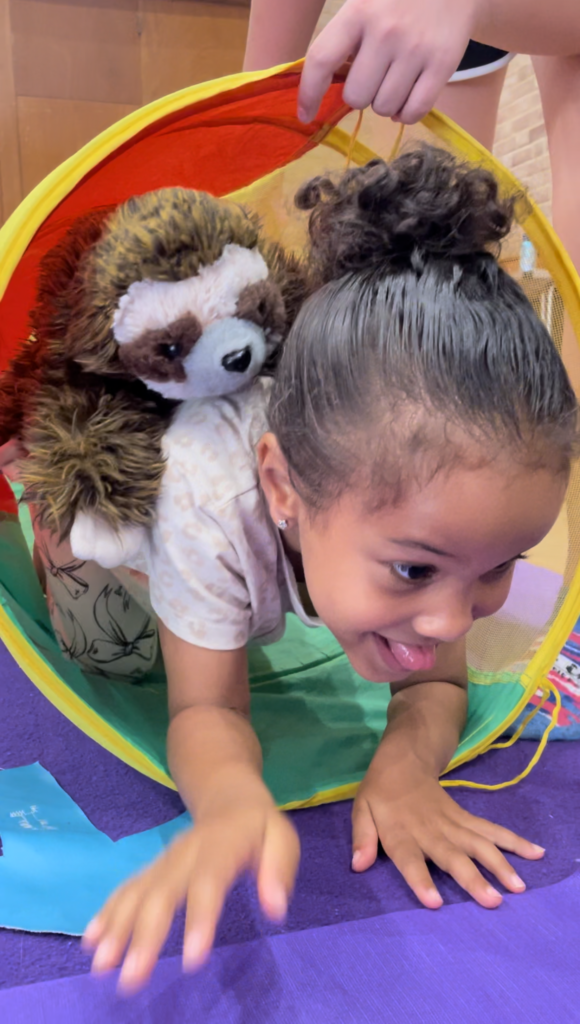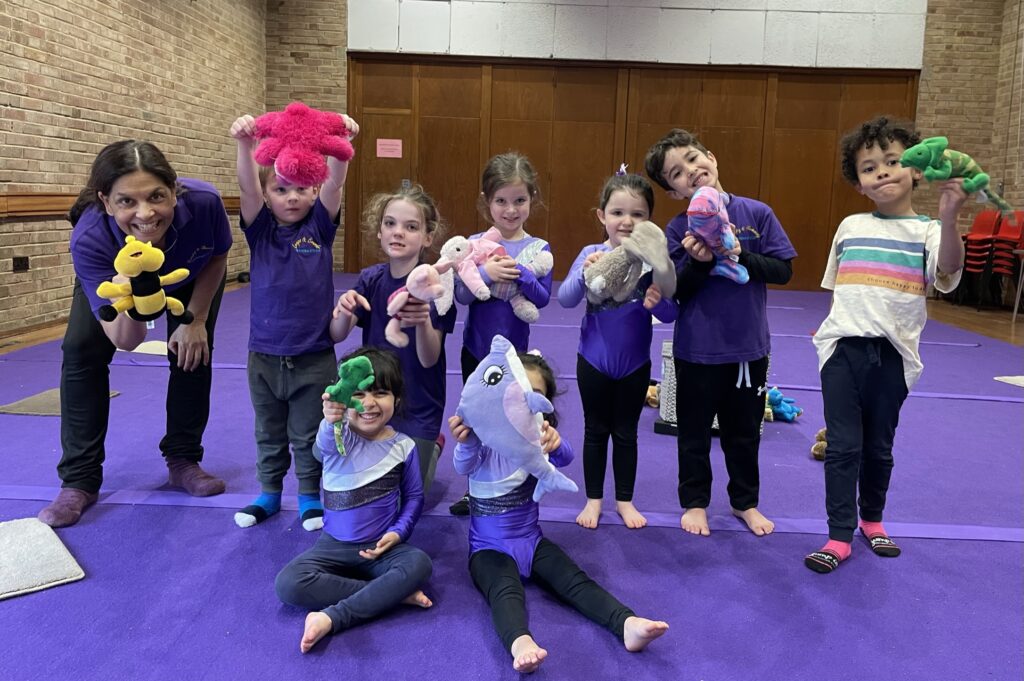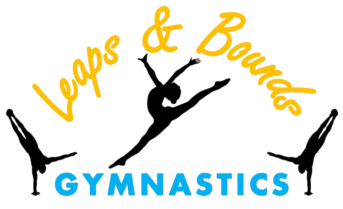Pre-school Gymnastics
Pre-school gymnastics is the perfect start to your child’s gymnastics journey. Our pre-school gymnastics programme is especially tailored for children from ages 3 up to 5. In this independent class your child will be exposed to a multitude of new skills. To further engage our gymnasts we regularly run themed classes. Some examples are dinosaurs, the seaside, springtime, and autumn time. Throughout the year, gymnasts will learn new skills and routines, and work towards the British Gymnastics Proficiency Awards as well as the Leaps & Bounds floor badges. Gymnasts will also have the opportunity to display their talents to their parents on the last day of term. This always good for parents to see their child’s development and progress.
Please keep scrolling to find out more information about the class structure/ content!

Timetable
| Wednesday | 4:30pm – 5:15pm (Ages 3-5) | £8 |
| Friday | 3:40pm – 4:25pm (Ages 3-5) | £8 |
| Saturday | 10:00am – 10:45am (Ages 3-5) | £8 |
Why Preschool Gymnastics?
Gymnastics combines many areas that are important to a child’s physical development, incorporating strength, flexibility, speed, balance, coordination, power, and discipline. There are also general health and social benefits such as lessons in commitment and discipline.
Preschool gymnastics is a holistic learning process. The ability to be a gymnast at this age comes from a combination of numerous factors. Comprehension, concentration, confidence, co ordination and of course physical ability.
The first landmark is making the break from the parent/carer. Your child will learn to take instruction, improve social skills, self-expression, concentration and patience, and turn taking to name but a few.
Structure
45 Minutes Total
Cardio/ Pulse raiser – 2-3 mins
Stretching- 10 mins
Apparatus – 15 mins approx
Floor- 15 mins approx
Conditioning/ Cool Down – 2-3 mins
Cardio
The pulse raising activity, usually in the form of a nursery rhyme or song, is a crucial part of the session. The warm-up should gently prepare the body for exercises by gradually increasing the heart rate and circulation; this will loosen the joints and increase blood flow to the muscles. The gymnasts muscles are now warmed up and ready for the stretching part of the session.
Stretching
The physical preparation of gymnasts is just as important as practicing the actual skills. Stretching is crucial for skill development, as without sufficient range of motion gymnasts will never be able to complete certain skills. Therefore we incorporate it into every lesson.
Pre school children will usually do their stretching with some sort of hand apparatus such as beanbags, hoops, tap sticks or ribbons. This section of the class is disguised as play to keep your child engaged.
Apparatus
The gymnasts will then be spilt into groups based on ability and have 15 minutes to practice skills on a piece of apparatus. These consist of the beam, bars and vault. Using a combination of soft play equipment and large apparatus, the children will learn a variety of gymnastics skills on various apparatus in a fun, friendly and safe environment, with support from our British Gymnastics qualified coaches.
Each week gymnasts will focus for 15 minutes on one particular skill on one apparatus. The piece of apparatus set up and skills practiced will change each week for variation. All our session plans are designed in a circuit format with lots of side stations specific to the particular skill of the week. These are to keep the children busy and always occupied, as well as giving them a better understanding and breakdown of each move as well as the necessary strength needed to complete the move.
Floor
On the floor gymnasts will usually complete a circuit of stations all designed to help learn and perfect one particular move. We incorporate floor skills, jumps, balances, and progressions working towards skills such as a bridge, handstand, or cartwheel. Again the floor skill chosen will change each week.
We use a multitude of learning aids in Preschool gymnastics. Instructions are visually reinforced with demonstrations, cards with both pictures and words, and props such as arrows, hands, and feet.
We also get the gymnasts to practice their floor routines with a coach so that they are ready for their assessments. As well as floor badges they will also practice their British Gymnastics Proficiency Award skills so that when they come to be assessed they are competent and confident in how the skills must be completed in order to pass. They are usually assessed for each type of badge (Floor Badge and BG Badge), twice a year.
Cool Down
Sometimes if the coaches feel that one important key learning objective throughout the session was not fully understood by all, this time may be spent going over this again with all gymnasts, for example the correct body shaping of the back during a handstand. However sometimes we will play a quick game.
The cooldown is also a good time to reflect on the session, asking the children questions about what things they learnt is excellent to reinforce learning and share ideas. As coaches we also like to ask them whether they enjoyed themselves as well as which activities they enjoyed the most. This helps us to keep creating interesting and fun lesson plans that they enjoy.
If you have any more questions about our classes please get in contact with us.

